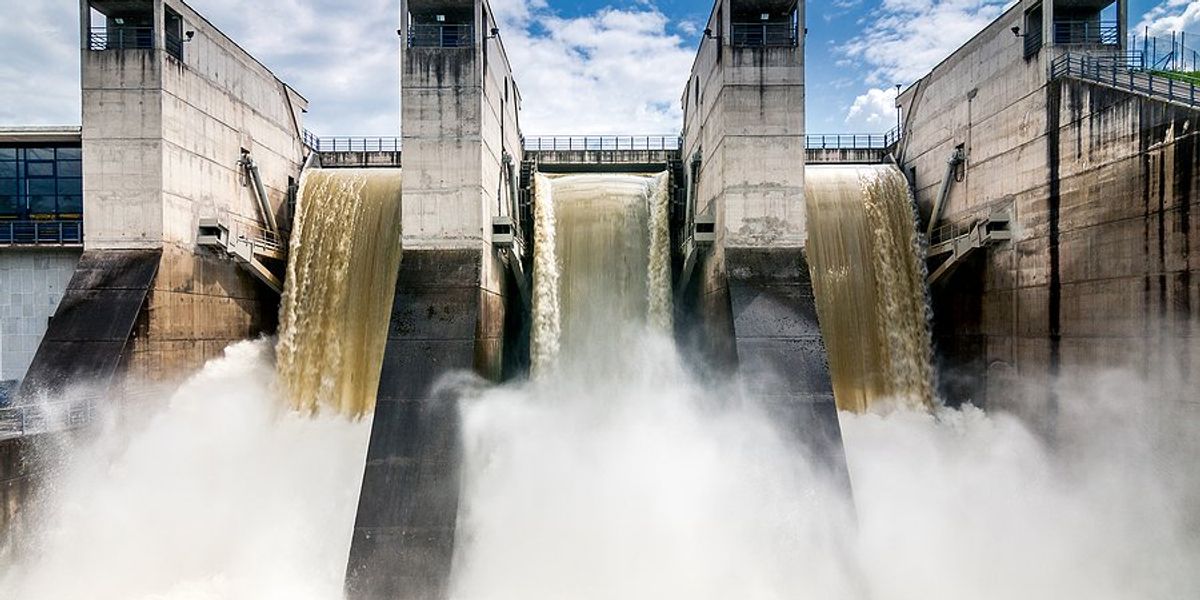fracking waste
Midland's water woes: Texas' drilling dilemma
The clash between water conservation and oil drilling in the Permian Basin is reaching a critical juncture.
In short:
- Midland faces a water crisis as oil companies consume vast amounts of groundwater, leaving local residents and agriculture struggling for supply.
- Concerns grow over potential environmental damage caused by excessive drilling.
- The city grapples with tough decisions on balancing economic interests with the urgent need to protect its water resources.
Key quote:
"I think in the greater context, we’re seeing a lot of problems with these underground injection wells. It seems like something that’s not safe to do so close to the water supply."
— Virginia Palacios, executive director of Commission Shift, an environmental watchdog group
Visit EHN's energy section for more top news about energy, climate and health.
Midland reaches settlement over wastewater disposal worries
New Pennsylvania legislation aims to classify ‘produced water’ from fracking as hazardous waste
Katie Muth knew it would be a long shot. This January, the Pennsylvania state senator reintroduced three pieces of legislation aimed at closing loopholes in the laws governing how the oil and gas industry disposes of its solid and liquid waste, reports Jake Bolster for Inside Climate News.
In a nutshell:
Despite the challenges of garnering bipartisan support in a Republican-controlled Senate, Senator Katie Muth sees value in holding legislators accountable for their stance on clean water. The proposed bills not only aim to close loopholes but also introduce regulations requiring landfills to test the toxicity of oil and gas waste and prevent the acceptance of radioactive waste. Critics argue that the industry follows strict waste regulations, while advocates stress the need for greater transparency and accountability in handling produced water, which contains hazardous compounds.
Key quote:
“The exemptions don’t remove the harm” that waste from the oil and gas industry inflicts on Pennsylvanians, Muth said. “It just saves corporations money where Pennsylvanians have to suffer.”
The big picture:
The 'produced water' from fracking, which contains a cocktail of chemicals and hazardous compounds, can pose significant health risks. Exposure to this water, which often contains radioactive isotopes like radium 226 and 228, as well as toxic elements such as arsenic and benzene, can have adverse effects on human health. Potential consequences include an increased risk of cancer, neurological disorders, and other serious health issues. The lack of public disclosure about the specific chemicals used in fracking makes it challenging to fully assess and mitigate these health risks, emphasizing the need for greater transparency and regulation in the industry.
Read the article at Inside Climate News.
A review by doctors and scientists of more than 1,700 studies concludes that the fracking industry poses a threat to air, water, climate, and human health, reported Kristina Marusic.
Awash in toxic wastewater from fracking for natural gas, Pennsylvania faces a disposal reckoning
A grand jury and the EPA have cited potential disposal problems, and activists are fighting new injection wells. Yet the gas industry claims fracking is essential for the state’s economic health and that most of its wastewater is safely recycled.
How state regulators allowed a fading West Texas Town to go over four years without safe drinking water
The Texas attorney general finally filed suit last year, but some residents in Toyah say the Texas Commission on Environmental Quality was “negligent” and want to know what took so long.
Study: Drilling waste on Pennsylvania roads bad for health, land
A long-anticipated health study commissioned by Pennsylvania environmental officials examined the practice of spreading wastewater from conventional gas– and oil-drilling on thousands of miles of rural dirt roads in the state.



















